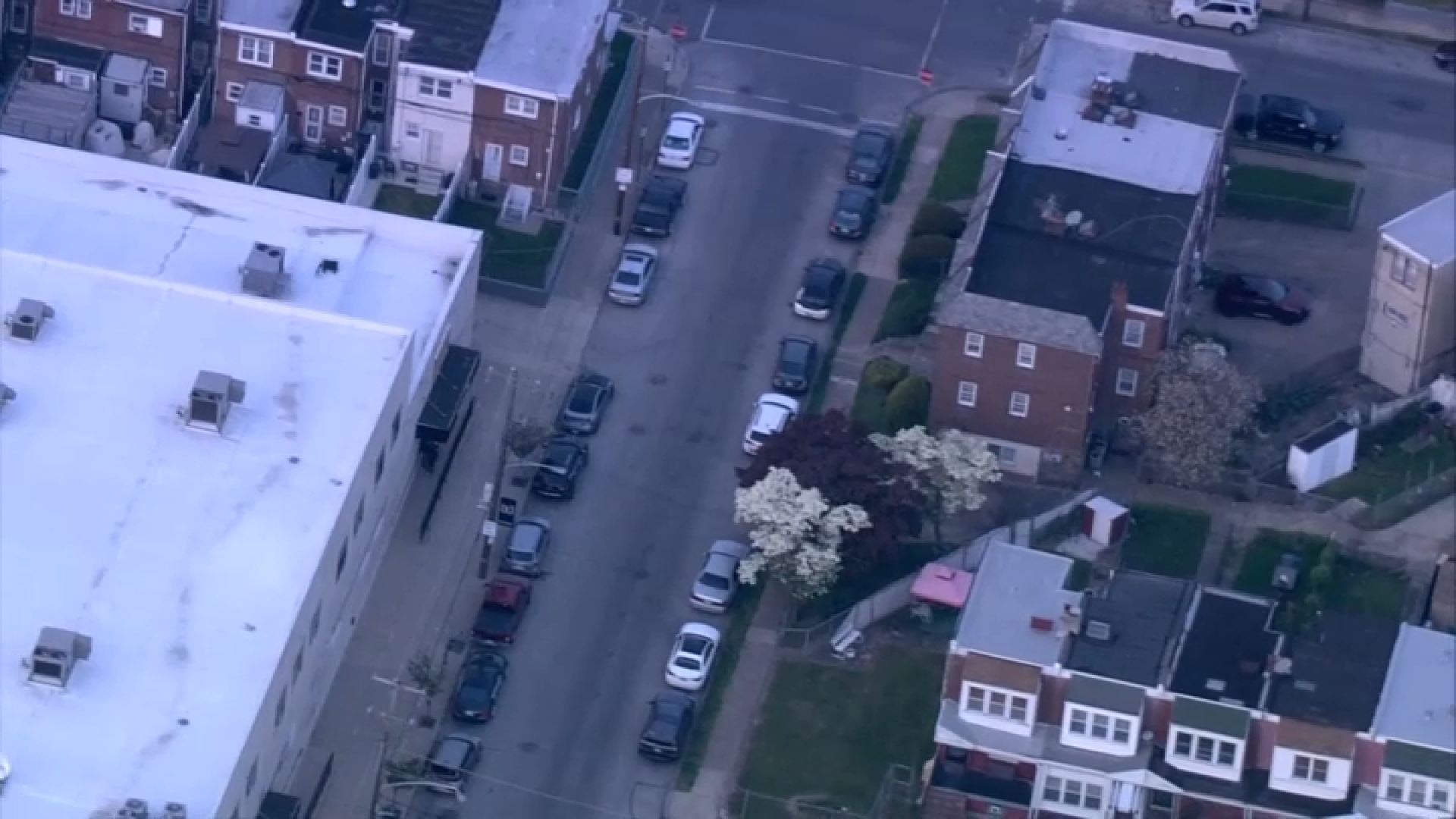An autopsy pathologist testified Friday that the wife of a University of Pittsburgh medical researcher was given a fatal dose of cyanide, though he can't determine how or by whom.
Dr. Todd Luckasevic's testimony came as Allegheny County prosecutors were wrapping up their criminal homicide case against her 66-year-old husband, Dr. Robert Ferrante. Prosecutors plan to call one more witness Monday: a medical expert who will present an animation that demonstrates the poison's effects on Ferrante's wife, 41-year-old Dr. Autumn Klein. Earlier in the trial, jurors heard Klein on tape groaning and gasping for air as Ferrante called 911 on April 17, 2013.
That day, prosecutors contend, Ferrante laced Klein's creatine energy drink with cyanide he had overnighted two days earlier to his lab, where he was trying to develop a cure for Lou Gehrig's disease.
Defense attorney William Difenderfer asked Luckasevic how he could be sure that Klein's death was a homicide and not accidental exposure to cyanide or suicide.
Luckasevic, who works for the county medical examiner's office, said there was no evidence from police reports or any other sources that Klein was suicidal or had the opportunity to come into accidental contact with the fast-acting poison.
But Difenderfer, foreshadowing his strategy once defense witnesses begin testifying next week, asked Luckasevic whether he was aware of surveillance video showing Klein entering the building that housed Ferrante's lab and staying several minutes after work the night she fell ill.
"Did you even know that?" Difenderfer asked.
Local
Breaking news and the stories that matter to your neighborhood.
Luckasevic said he wasn't aware that Klein was near Ferrante's lab that night. But the pathologist also said he's not aware of any evidence that suggests Klein committed suicide or accidentally came into contact with the poison.
Difenderfer doesn't dispute that Ferrante's thumbprint was on a plastic jar of cyanide he ordered just before his wife's death. Rather, the defense has argued Ferrante planned to use the poison to simulate the kind of neurological cell death caused by Lou Gehrig's disease as part of his research.
Assistant District Attorney Lisa Pellegrini is hoping for a first-degree murder conviction, carrying a mandatory life prison sentence. She suggested that Ferrante killed his wife because Klein was pressuring him to have another child so their then-6-year-old daughter wouldn't be an only child. Also, Pellegrini told the jury that Ferrante may have believed Klein was having an affair.
Pellegrini has previously introduced Internet searches from Ferrante's computer for topics including cyanide poisoning in the weeks and months leading up to Klein's death — and in the five-day interval between her death and a hospital blood test that first discovered the poison.
This week, Pellegrini introduced emails from Klein expressing unhappiness with Ferrante in the weeks before she died. Among other things, Klein suggested Ferrante ignored her or got angry when she discussed getting pregnant again.
"I don't know where things are going to go, and you may not like what you hear, but I think it's about time we talked," she wrote in February 2013.



